
Combining enfortumab vedotin with pembrolizumab yields a manageable safety profile in patients with locally advanced or metastatic urothelial cancer in the phase 1b/2 EV-103 study.

Your AI-Trained Oncology Knowledge Connection!


Combining enfortumab vedotin with pembrolizumab yields a manageable safety profile in patients with locally advanced or metastatic urothelial cancer in the phase 1b/2 EV-103 study.

Findings from the phase 3 FRESCO-2 trial support fruquintinib plus best supportive care as a global treatment option for patients with refractory metastatic colorectal cancer.

Patients with select hematologic cancers, including lymphoma and multiple myeloma, appear to benefit from a ready-to-dilute formation of intravenous cyclophosphamide, the new drug application for which was approved by the FDA.
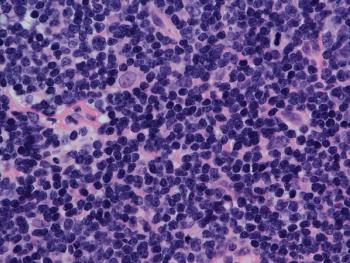
Patients with mantle cell lymphoma who undergo a shorter diagnosis to treatment interval also have worse clinical and disease characteristics on average than those with a longer interval.

Data from the phase 2 MANIFEST study suggest that pelabresib plus ruxolitinib may improve the standard of care for patients with myelofibrosis who are naïve to treatment with JAK inhibitors.
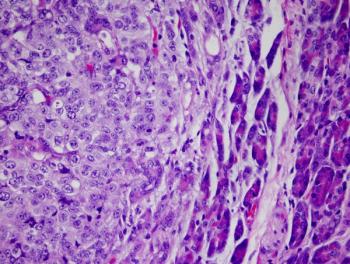
The benefit of nivolumab/ipilimumab plus single-agent nivolumab for unresectable advanced melanoma with poor prognostic characteristics was comparable in all-comers and patients with brain metastases.

Treatment with tepotinib and gefitinib appears to be beneficial compared with chemotherapy in a MET-amplified subgroup of patients with non–small cell lung cancer.

Trastuzumab deruxtecan appears to elicit ‘impressive’ responses among patients with HER2-positive gynecologic cancers regardless of immunohistochemistry in the phase 2 DESTINY-PanTumor02 trial.
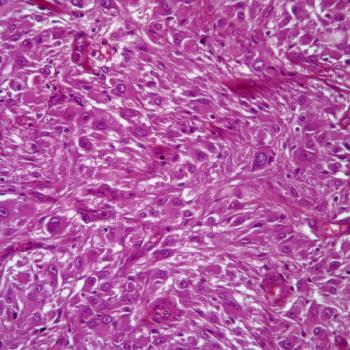
The FDA fast track designation for paxalisib and radiotherapy for PI3K-mutant solid tumor brain metastases is supported by data from a phase 1 study.
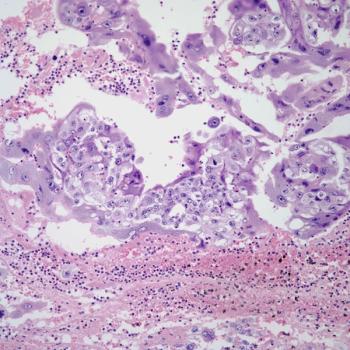
Pembrolizumab plus chemotherapy may improve clinical outcomes over placebo among patients with advanced or recurrent endometrial cancer.

Hypersensitivity reactions following platinum-based treatment appear to be more severe than hypersensitivity reactions after taxanes among patients with cancer.
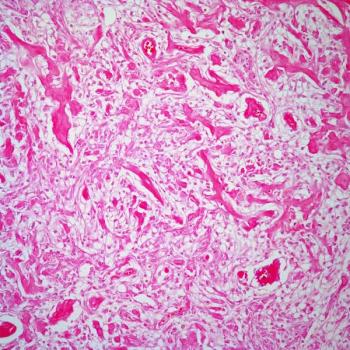
Overall survival is expected to continue improving among patients with glioblastoma being treated with frontline olaptesed pegol plus radiotherapy and bevacizumab who remain on the phase 1/2 GLORA study.

Ritu Salani, MD, highlights the possible benefit of a novel targeted therapy and autologous tumor vaccine in patients with platinum-resistant ovarian cancer, and in the maintenance setting after treatment for platinum-sensitive disease.

Use of an ixabepilone-based companion diagnostic may identify patients with metastatic breast cancer who may benefit from ixabepilone monotherapy.
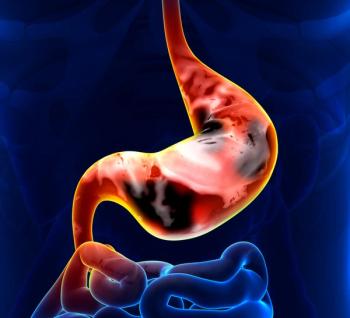
The FDA sets a Prescription Drug User Fee Act date of January 12, 2024 for the biologics license application for zolbetuximab in the management of Claudin 18.2-positive advanced gastric or gastroesophageal junction adenocarcinoma.
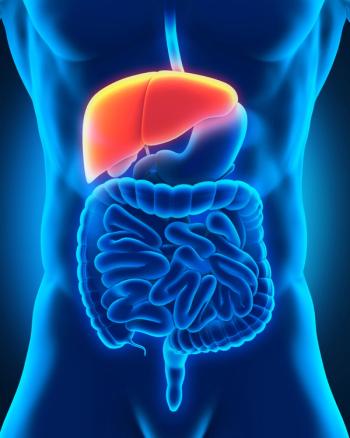
The safety profile of durvalumab plus tremelimumab among those with unresectable hepatocellular carcinoma in the phase 3 HIMALAYA trial was comparable with the known profiles of each individual agent.

In addition to potentially moving mirvetuximab into earlier lines of treatment for those with platinum-sensitive ovarian cancer, Ritu Salani, MD, also discusses combining the agent with carboplatin to decrease toxicities and improve quality of life.

Datopotamab deruxtecan produces no new safety signals among patients with locally advanced or metastatic non–small cell lung cancer in the phase 3 TROPION-Lung01 trial.

Data from the phase 1/2 eNRGy trial assessing zenocutuzumab in patients with NRG1 fusion–positive cancer support the FDA’s breakthrough therapy designation for the agent as a treatment for pancreatic cancer.

MDNA55 appears tolerable and effective in a cohort of patients enrolled in a phase 2b trial, showing sustained efficacy in subgroup analyses.

Data from a phase 2 trial assessing lenalidomide in patients under 22 years of age also highlight an optimal dose level for this population.

The standard of care for high-risk multiple myeloma remains unsettled, according to an expert panel from Kansas City.

Use of the Cumulative Illness Rating Scale for Geriatrics may identify a greater comorbidity burden and a commensurate increase in risk of death among survivors of childhood cancer vs siblings and others.

Although single-agent cediranib improved outcomes in differentiated thyroid cancer, the addition of lenalidomide does result in a clinically meaningful improvement.

The agent appears to be less effective among patients with HER2-low disease, according to final results from the phase 2 DESTINY-CRC01 trial in metastatic colorectal cancer.
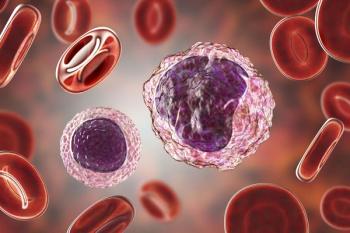
The addition of pembrolizumab to tisagenlecleucel also appears to yield inconclusive efficacy signals and did not augment cellular expansion among patients with diffuse large B-cell lymphoma in a phase 1b study.
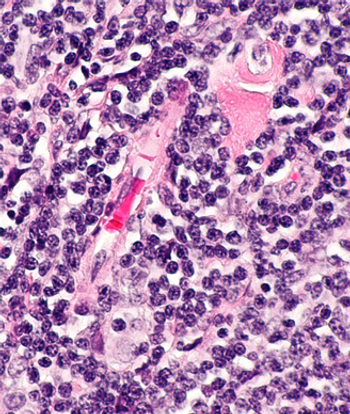
Investigators of the phase 1/2 EPCORE NHL-1 trial plan to discuss their findings with global regulatory authorities to determine the next steps for epcoritamab in the treatment of relapsed/refractory follicular lymphoma.

Treatment with mirvetuximab soravtansine appears to produce a 3-fold improvement in objective response rate vs chemotherapy among patients with folate receptor-α–expressing, platinum-resistant ovarian cancer in the phase 3 MIRASOL trial.
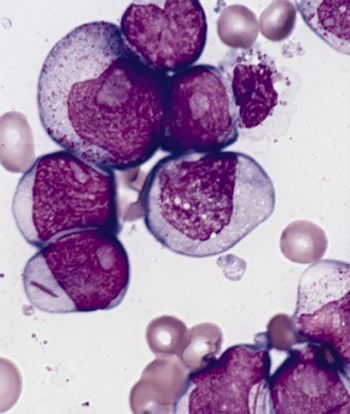
The agent will be evaluated in a phase 1 study for patients with several myeloid malignancies, in which investigators will identify a recommended phase 2 dose.

18F-rhPSMA-7.3 was approved by the FDA for the detection of PSMA-positive lesions during PET/CT imaging in prostate cancer.